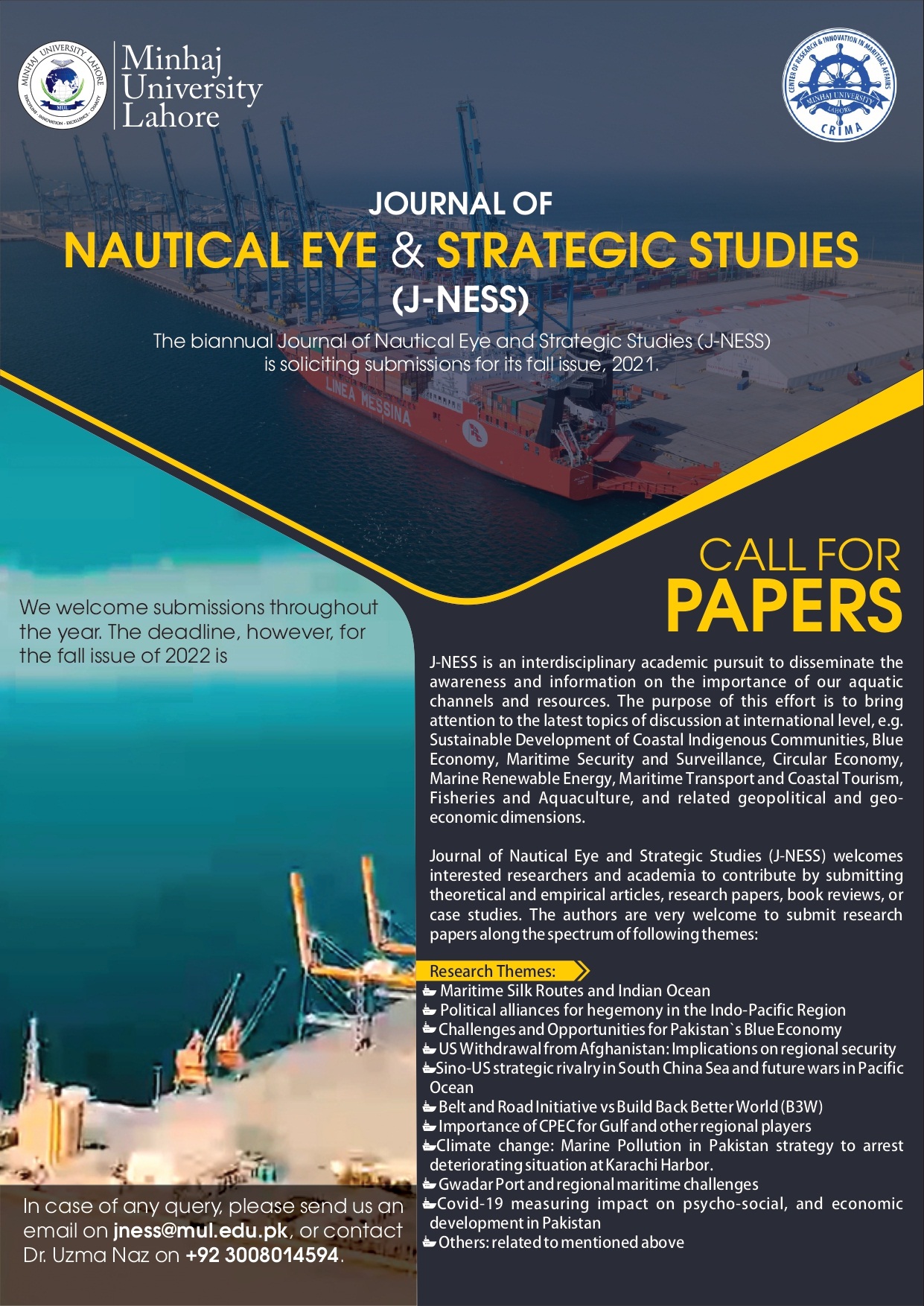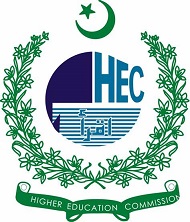Impact of Technology on Sustainable Management of Marine Shipping in Pakistan: Challenges and Prospects
DOI:
https://doi.org/10.58932/MULG0054Keywords:
Artificial intelligence, sustainable management, cybersecurity, marine shippingAbstract
The marine shipping industry is vital to Pakistan’s economy, serving as a cornerstone of international trade. However, achieving sustainable management in this sector has become increasingly urgent due to environmental concerns, rising operational costs, and global competition. This paper explores the impact of technology on the sustainable management of marine shipping in Pakistan, highlighting key challenges and identifying opportunities for transformative progress. Artificial intelligence (AI) and technology offers transformative potential to address these challenges by enhancing operational efficiency, reducing environmental impact, and optimizing resource utilization. AI-driven solutions, such as predictive analytics, autonomous navigation, and real-time monitoring, can significantly improve fuel efficiency, cargo handling, and route optimization, paving the way for greener and more cost-effective shipping practices. Despite its promise, the adoption of latest technology in Pakistan’s marine shipping sector faces significant obstacles. High implementation costs limited technical expertise, and the lack of a robust regulatory framework hinder the seamless integration of AI technologies. Additionally, cybersecurity risks associated with digitalization and concerns about data privacy further complicate the process. Addressing these challenges requires strategic investment in capacity building, technological infrastructure, and policy reforms to create an environment conducive to AI-driven innovation. By fostering collaboration between the government, private sector, and technology providers, the industry can leverage AI to achieve sustainable growth. Initiatives such as adopting green technologies, implementing AI-powered port management systems, and developing skilled human resources can improve efficiency and environmental sustainability.
References
Associated Press. (2024, October). Thousands of shipping containers have been lost at sea. What happens when they burst open? Retrieved from https://apnews.com/article/68620037992758a714b010345e1937fa
Bhatti, M. B. A., & Khan, M. K. (2024). Implications of Project Managers’ Competencies on Project Success Moderating effect of Project Risk Management: A case of IT Sector in Lahore. Pakistan Journal of Multidisciplinary Research, 5(1), 66-85.
Chughtai, M. A., Bhatti, M. B. A., & Naqvi, I. H. Ethics before Trust in Organization Public Relationships (OPRs): A Review of Real Estate Organizations.
LaRock, T., Xu, M., & Eliassi-Rad, T. (2021). A path-based approach to analyzing the global liner shipping network. Retrieved from https://arxiv.org/abs/2110.11925
Partene, G. (2023). Importance of the maritime industry, evolution and statistics. ResearchGate. Retrieved from https://www.researchgate.net/publication/372690151
Rodríguez, J. P., et al. (2024). Shipping traffic through the Arctic Ocean: Spatial distribution, temporal evolution, and its dependence on the sea ice extent. arXiv. Retrieved from https://arxiv.org/abs/2403.01856
S&P Global. (n.d.). Maritime, trade & supply chain research and analysis. Retrieved from https://www.spglobal.com/marketintelligence/en/mi/research-analysis/maritime-trade.html
The Guardian. (2024, November 21). Reduce whale-ship strikes by making 2.6% of ocean surface safer, study says. Retrieved from https://www.theguardian.com/environment/2024/nov/21/reduce-whale-ship-strikes-ocean-surface-safer-study
United Nations Conference on Trade and Development. (2022). Review of maritime transport 2022. UNCTAD. Retrieved from https://unctad.org/system/files/official-document/rmt2022_en.pdf
Wikipedia. (n.d.). Berth allocation problem. Retrieved from https://en.wikipedia.org/wiki/Berth_allocation_problem
Wikipedia. (n.d.). Review of maritime transport. Retrieved from https://en.wikipedia.org/wiki/Review_of_Maritime_Transport
Xu, M., et al. (2020). Estimating international trade status of countries from global liner shipping networks. arXiv. Retrieved from https://arxiv.org/abs/2001.07688
Xu, M., et al. (2020). Modular gateway-ness connectivity and structural core organization in maritime network science. arXiv. Retrieved from https://arxiv.org/abs/2003.13099
Downloads
Published
How to Cite
Issue
Section
License
Copyright (c) 2025 Journal of Nautical Eye and Strategic Studies

This work is licensed under a Creative Commons Attribution-NonCommercial 4.0 International License.










